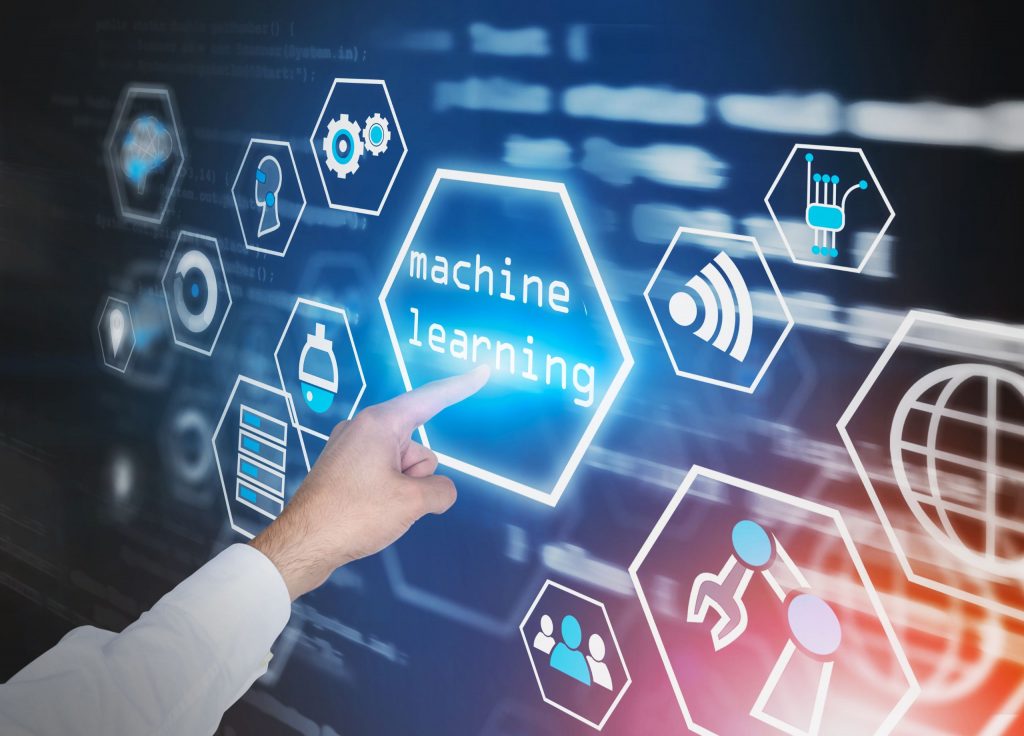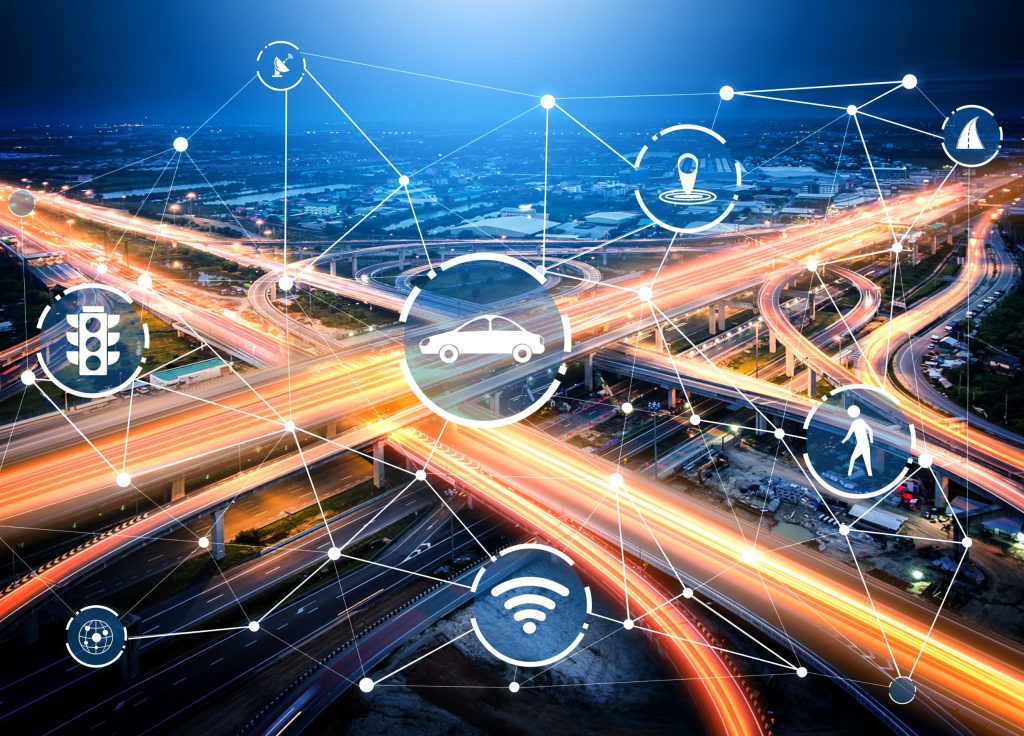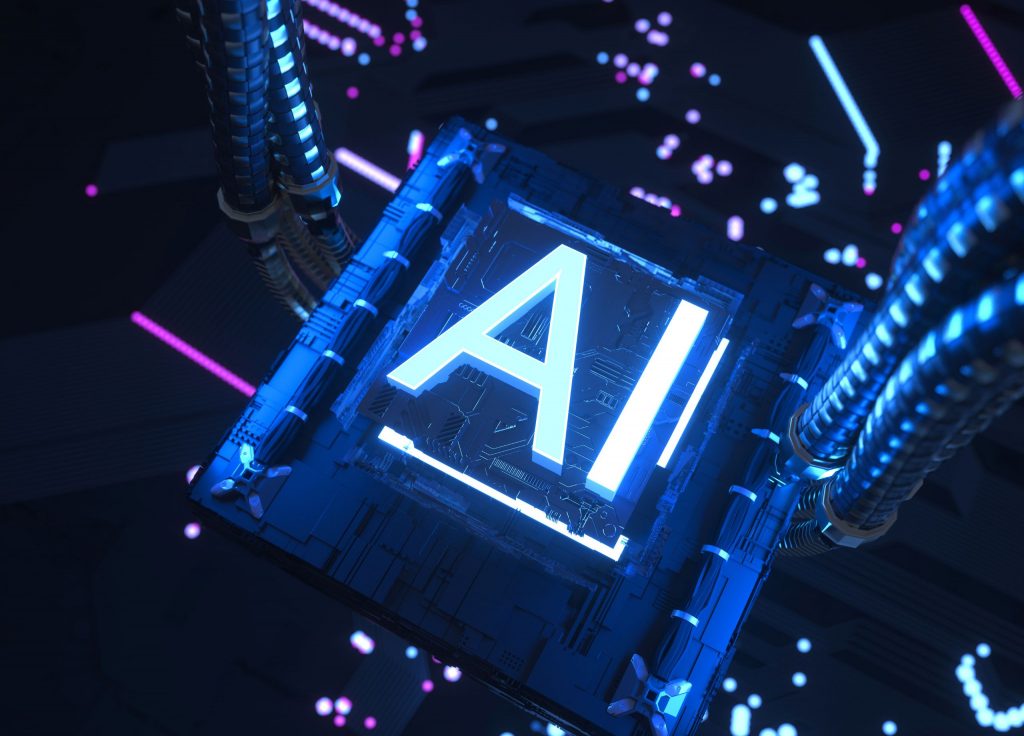The street lighting industry plays a crucial role in public safety by providing illumination for pedestrians and vehicles on public roads. However, traditional street lighting systems have several limitations, including high energy consumption, maintenance costs, and limited control options. With the rise of technology, particularly machine learning, the street lighting industry is experiencing a shift towards digitalisation and automation. In this article, we will explore how machine learning is transforming the street lighting industry and the benefits it brings.

So, what is machine learning?
Machine learning (ML) is a subset of artificial intelligence (AI) that involves training algorithms to learn from data without being explicitly programmed. It involves the use of statistical techniques and algorithms to enable machines to improve their performance on a task by learning from experience.
How is ML being used in street lighting?
Adaptive Lighting
One of the significant applications of machine learning in street lighting is adaptive lighting. Adaptive lighting involves using ML algorithms to adjust the brightness of streetlights based on real-time traffic patterns and weather conditions. By doing so, street lighting companies can reduce energy consumption and improve the overall efficiency of their lighting systems.
Predictive Maintenance
ML can also be used in predictive maintenance for street lighting systems. Predictive maintenance involves using ML algorithms to analyse data from sensors to identify patterns that indicate when a streetlight is likely to fail. By doing so, street lighting companies can schedule maintenance proactively, minimizing downtime and reducing repair costs.
Smart City Integration
ML can help integrate street lighting systems with other smart city technologies, such as traffic management systems and public safety cameras. By doing so, street lighting companies can improve overall safety outcomes and reduce energy consumption.

Conclusions?
In conclusion, ML is transforming the street lighting industry by enabling companies to optimise lighting systems, reduce costs, and improve safety outcomes. As street lighting companies continue to adopt new technologies, it is likely that ML will play an increasingly significant role in shaping the future of the industry.

But is AI going to take my job?
The short answer is no. As good as these ML algorithms are these days, you need to understand the output to be able to know if what is being suggested or written is factually correct. And we are a long way off any kind of AI being able to do useful manual work, so we can all rest easy for now.
As for how useful AI/ML is, however, consider that only this last paragraph was written by me, Francis Lillie. The rest was generated via a conversational AI agent via the question “Write a blog article about machine learning in the street lighting industry”.

